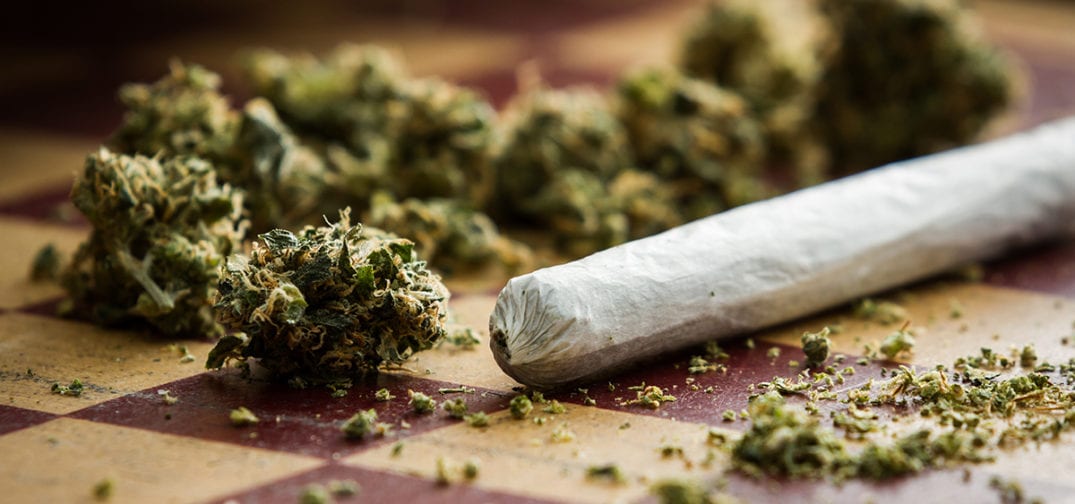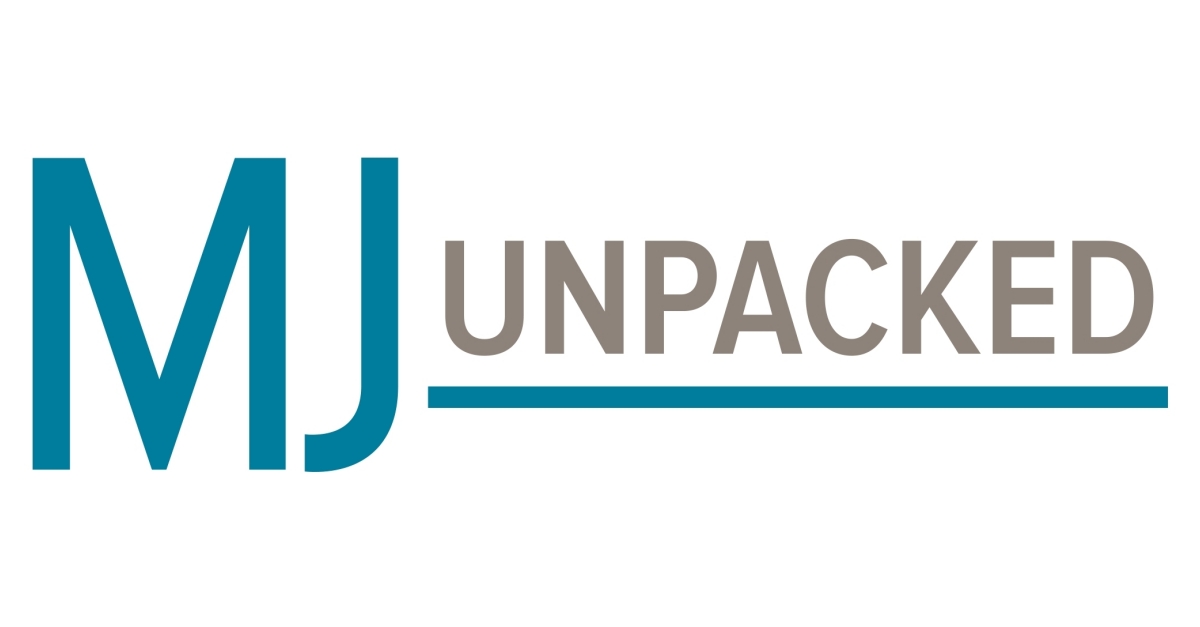People under the influence of cannabis are more susceptible to false memories, according to a study published on February 10 in the Proceedings of the National Academy of Sciences of the United States of America. The researchers say the study’s results have “implications for police, legal professionals, and policymakers with regard to the treatment of cannabis-intoxicated witnesses and suspects and the validity of their statements.”
The researchers used three different methods in the placebo-controlled, double-blind test, including “associative word lists and two misinformation tasks using virtual reality.”
“Across all methods, we found evidence for enhanced false-memory effects in intoxicated participants. Specifically, intoxicated participants showed higher false recognition in the associative word-list task both at immediate and delayed test than controls.” — Cannabis increases susceptibility to false memory, 2/10/20, PNAS
The false memory effects were mostly restricted to the acute-intoxication phase, and cannabis seemed to “increase false-memory proneness, with decreasing strength of association between an event and a test item.”
Elizabeth Loftus, one of the study’s co-authors and a distinguished professor of psychological science and law at the University of California Irvine School of Law, suggested that the results of the study might lead to consideration of individuals who are intoxicated by cannabis as ‘vulnerable’ witnesses. In an interview with Live Science, Loftus explained that law enforcement “need to take extra care” with vulnerable witnesses, which include children and people with mental disabilities.
Lilian Kloft, a graduate student in the Department of Neuropsychology and Psychopharmacology at Maastricht University in the Netherlands and the study’s lead author, said that cannabis-intoxicated individuals “show the highest risk for false memories for things or details that are poorly related to the original event” and have a “‘yes’ bias when they are uncertain about their memory, which makes them sort of random and unreliable responders.”
Kloft said more research on other drugs and drug combinations are “urgently needed.”
Get daily cannabis business news updates. Subscribe
End



